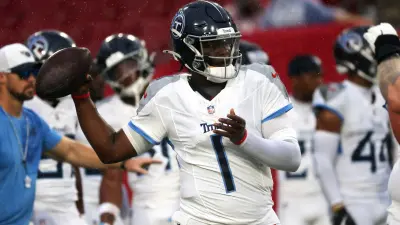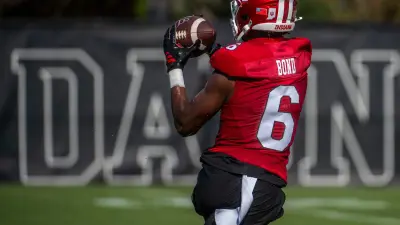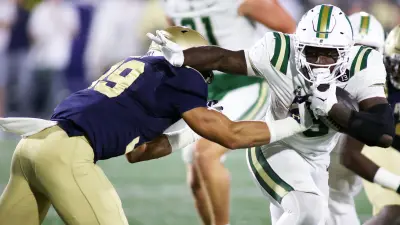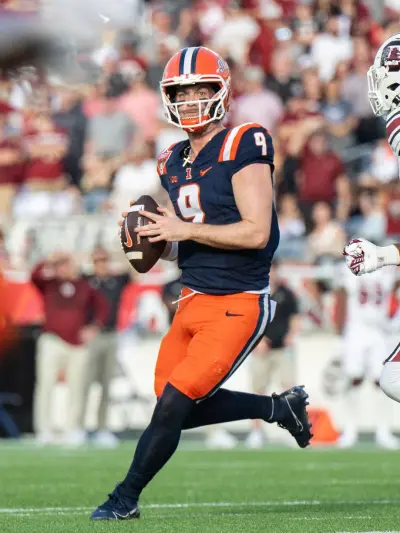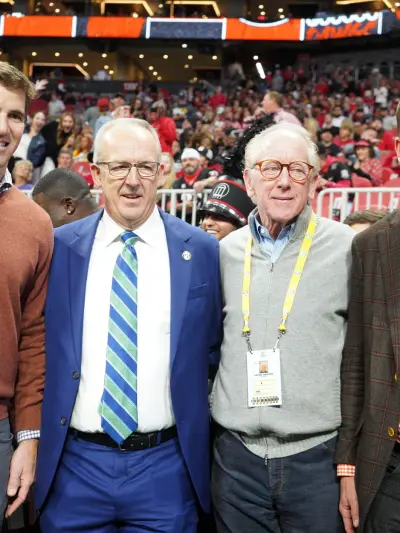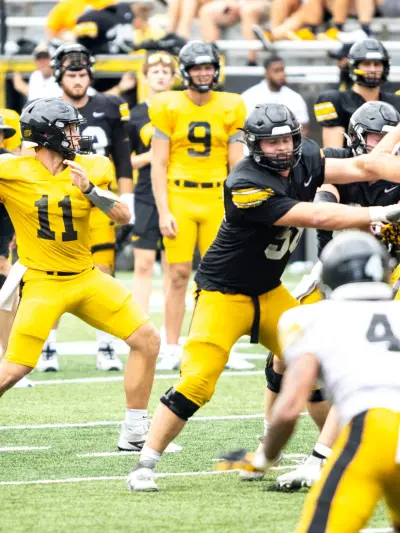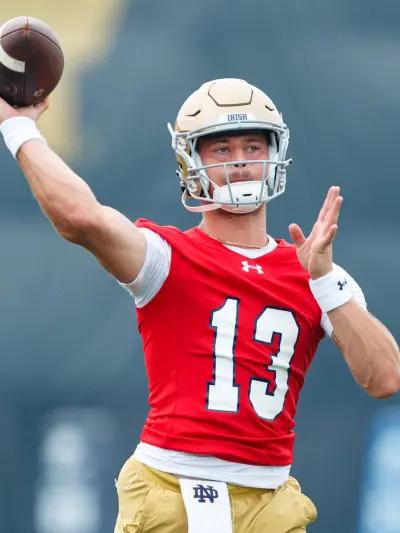By Staff
In sports, predictions come from all directions—experts, models, and seasoned analysts. Still, it’s often the betting markets that prove most accurate. Why? Because they act as real-time ecosystems, adjusting instantly to new information. Whether it’s a last-minute injury or an insider tip, odds absorb countless signals and convert them into probabilities—often with remarkable precision.
Beyond Traditional Channels
While licensed platforms remain subject to regional delays and data lags, alternative markets often reflect shifts faster and more fluidly. This speed and adaptability give certain ecosystems a distinct edge in anticipating outcomes. Some markets respond to local radio leaks before national outlets catch on. Others integrate weather models, referee assignments, or betting syndicate patterns in near real time.
In some cases, it’s the offshore sportsbooks that adjust first—reflecting developments long before they reach mainstream discussion. Offshore sportsbooks sites often stand out for their broader market access, flexible wagering options, and early line releases. These platforms typically offer a wider range of odds across niche and international events, attracting sharp bettors looking for value.
Many also provide generous sign-up incentives and ongoing promotions, which contribute to their competitive appeal. Combined with fewer geographical restrictions, these features help explain their continued relevance in the global betting landscape.
This interaction between speed and diversity of input lays the foundation for more responsive market behavior. As alternative platforms process a wider array of signals faster than traditional channels, the result is a constantly evolving model grounded in real-time sentiment. It’s within this framework that the principles of collective intelligence gain traction, reinforcing the predictive strength of the odds themselves.
More Sports News
Collective Intelligence and the Speed of Money
Odds are shaped not by a single prediction but by countless informed guesses. That matters. Each bettor brings something to the table—data models, insider insight, gut feeling—and when money enters the equation, the signal-to-noise ratio improves. Bettors who are wrong lose money. Those who are consistently right shape the market.
This dynamic gives rise to what some call “collective intelligence.” The same principle that drives accurate results in political forecasting markets like PredictIt also applies to sports. When enough people bet on a specific outcome, their collective behavior creates a probability model that often rivals—or outperforms—pre-match analysis.
This isn’t just theory. Academic studies have shown that betting markets frequently outperform expert panels in forecasting outcomes, particularly in leagues where information moves quickly and is widely distributed, such as the NFL or English Premier League. In fact, the efficiency of these markets is so pronounced that some professional sports teams and broadcasters monitor line movements as part of their internal scouting and production planning.
A Real-Time Reflection of the Unknown
Unlike static pregame forecasts, odds fluctuate—and those movements are often more than noise. A sharp shift just hours before kickoff typically reflects a trigger: late-breaking injury news, unexpected line-up changes, or informed bettors influencing liquidity.
What makes this phenomenon even more compelling is how frequently these changes occur before any official confirmation. This isn’t unique to sports. Across complex systems—whether in public health, financial markets, or information ecosystems—early behavioral signals in complex systems often emerge in real time, quietly indicating that something significant is unfolding beneath the surface.
These patterns don’t imply wrongdoing. Rather, they suggest that markets—betting included—serve as responsive mechanisms. Odds are not passive predictions; they’re dynamic indicators shaped by a constant stream of data, instinct, and action. They act like sensors, registering subtle shifts well before headlines catch up.
When the Experts Lag Behind
Even the most seasoned commentators can struggle to keep pace. Traditional expert analysis is grounded in fixed reference points—long-term statistics, tactical patterns, and legacy insights. While valuable, this form of analysis often lacks the agility to respond to real-time volatility.
In contrast, betting markets adjust dynamically. A veteran sportswriter might still be weighing a quarterback’s postseason history, while the odds have already absorbed weather data, injury whispers, and line movement triggered by sharp action. What appears as market intuition is often the output of distributed decision-making—thousands of inputs processed simultaneously, producing broader insight than any single expert.
This mirrors a larger trend: in complex systems, decentralized frameworks frequently outperform central authority. Whether in finance, technology, or forecasting, responsiveness and scale often emerge not from hierarchy but from collective intelligence capable of adapting without delay.
Consider the following factors that give markets an edge:
- Speed of Adjustment – Instant response to new developments.
- Incentive Alignment – Monetary stakes sharpen focus and precision.
- Distributed Signals – Insight emerges from diverse, overlapping sources.
- Self-Correction – Inefficiencies are quickly identified and resolved.
Odds as Indicators, Not Guarantees
Betting odds don’t guarantee outcomes—but they serve as sharp, reactive indicators of probability. Their strength lies not in prediction alone, but in adaptation. They reflect a dynamic consensus, influenced by both reason and risk, and often foresee what analysis alone might overlook.
While traditional experts bring depth, historical context, and narrative, betting markets bring speed, decentralization, and real-time sensitivity. The smartest bettors—and analysts—know that both have their place. But when lines shift unexpectedly, it’s worth asking not just what the experts are saying, but what the odds are trying to tell us.



